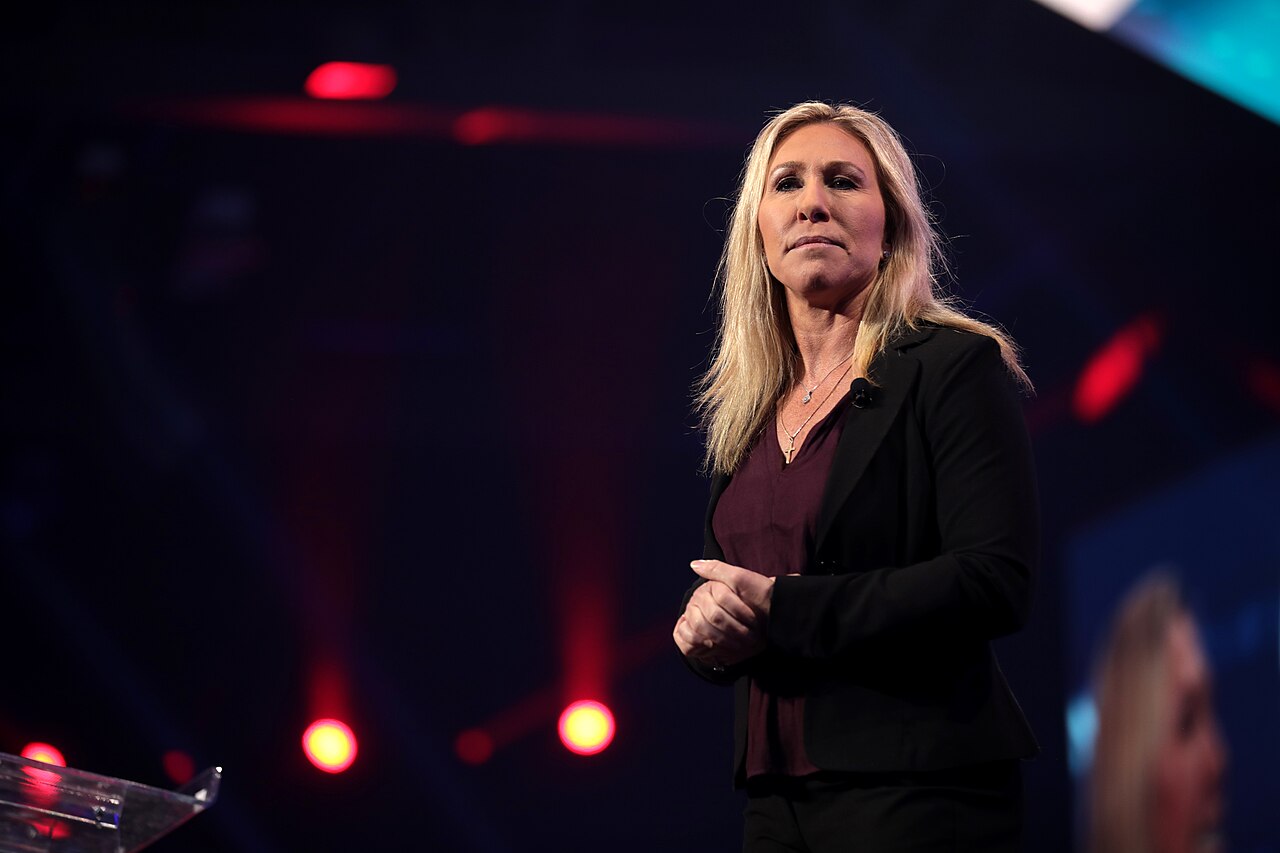Rep. Marjorie Taylor Greene, R-Ga., recently claimed that insurance premiums for her adult children would double in 2026 due to the expiration of enhanced Covid subsidies under the Affordable Care Act (ACA). In a post on X, Greene emphasized this assertion multiple times, suggesting that many families in her district would face similar increases.
Explainer GOP Should Fix Health Care Rather Than Bailing Out Obamacare
However, experts dispute Greene's framing, stating that premiums are not set to double. Most of the ACA subsidies will remain intact, with only the enhanced subsidies introduced by the Biden administration in 2021 set to expire on December 31. These enhanced subsidies were initially presented as a temporary measure to address the pandemic's impact on health coverage.
Greene's comments have been criticized for conflating premium costs with out-of-pocket expenses. According to the Kaiser Family Foundation, if the enhanced subsidies lapse, the average annual premium for subsidized enrollees could rise by 114%, from $888 in 2025 to $1,904 in 2026. This translates to a monthly premium increase from approximately $74 to just under $159.
While this increase may seem significant, it is important to note that the federal government continues to cover a substantial portion of total premiums. A graphic from a July 2024 Kaiser policy brief illustrates that even without the enhanced subsidies, the government would still fund about 78% of premiums.
Critics argue that organizations like Kaiser are not adequately highlighting the continued federal support for premiums, instead focusing on out-of-pocket costs to create a sense of urgency for Congress to extend the enhanced subsidies. This approach has led to concerns about potential misinformation regarding the actual impact of subsidy expiration.
Moreover, the discussion around out-of-pocket costs raises questions about affordability. For example, if a person's out-of-pocket cost increases from $1 to $3 per month, the percentage increase appears dramatic, but the absolute change may not significantly affect a family's budget.
The enhanced subsidies have also been linked to reports of fraud within the ACA system, as some individuals have taken advantage of policies with no monthly costs. Advocates for reform argue that requiring some level of payment could promote personal responsibility and reduce fraudulent claims.
Chris Jacobs, founder and CEO of Juniper Research Group, emphasizes that while the ACA has become increasingly unaffordable for many, simply increasing taxpayer funding is not a viable solution. He argues for a more comprehensive approach to health care reform that addresses the underlying issues of cost and access.
In summary, while the expiration of enhanced subsidies may lead to increased premiums for some, the assertion that premiums will double is misleading. The federal government will continue to play a significant role in subsidizing health insurance costs, and the conversation around health care reform remains complex and contentious.
Why it matters
- Rep. Greene's claim about doubling premiums highlights concerns over ACA subsidy expiration, affecting many families' health coverage.
- Experts refute Greene's assertion, clarifying that most ACA subsidies will remain, mitigating potential premium increases.
- The debate over out-of-pocket costs versus premiums raises questions about affordability and the accuracy of health care narratives.
- Concerns about misinformation regarding subsidy impacts could influence public perception and legislative action on health care reform.
What’s next
- Congress may need to address the expiration of enhanced subsidies before the December 31 deadline.
- Advocates are pushing for comprehensive health care reform to tackle underlying cost issues and prevent fraud.
- Watch for potential legislative proposals aimed at extending or modifying ACA subsidies in upcoming sessions.
